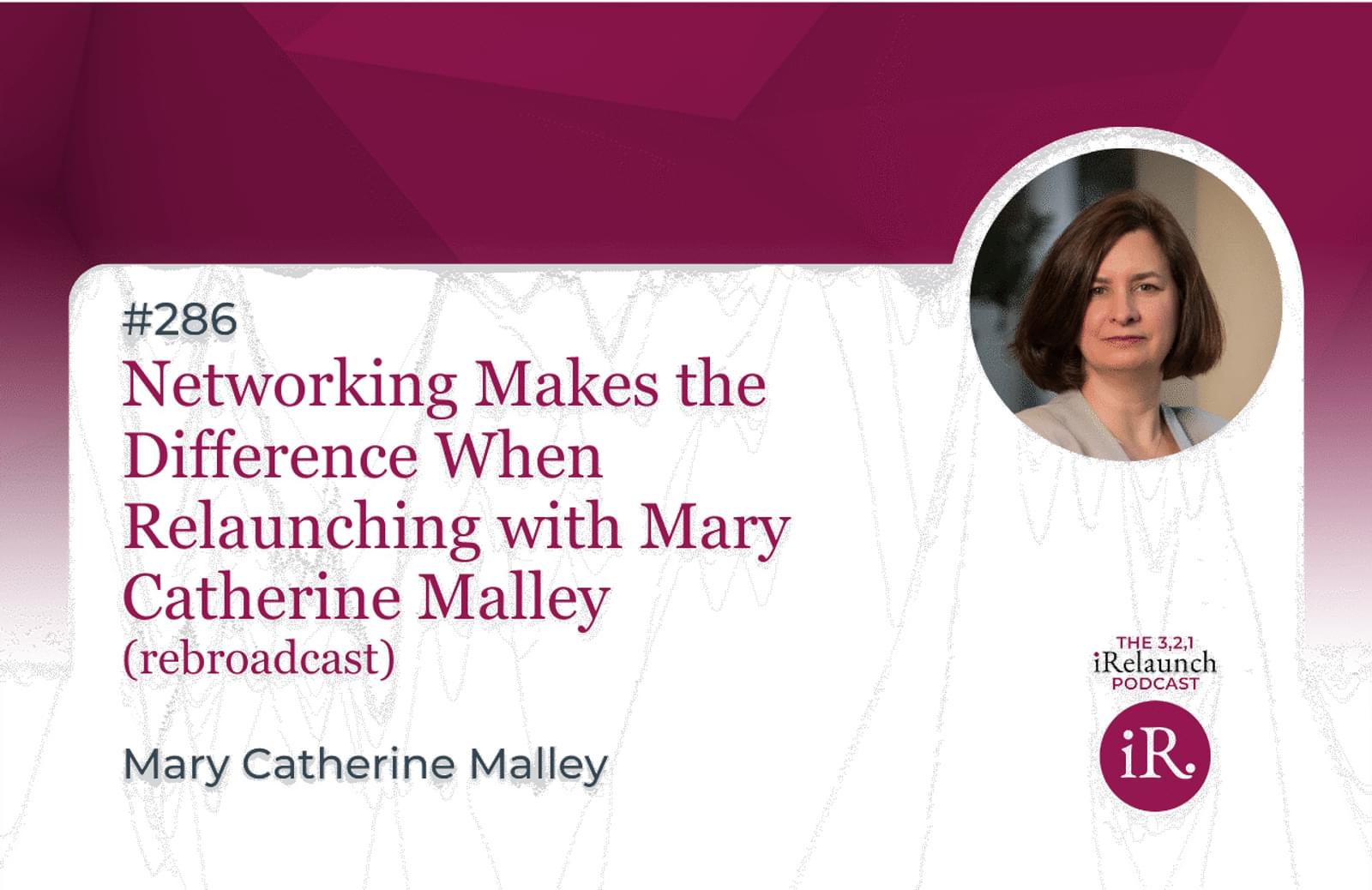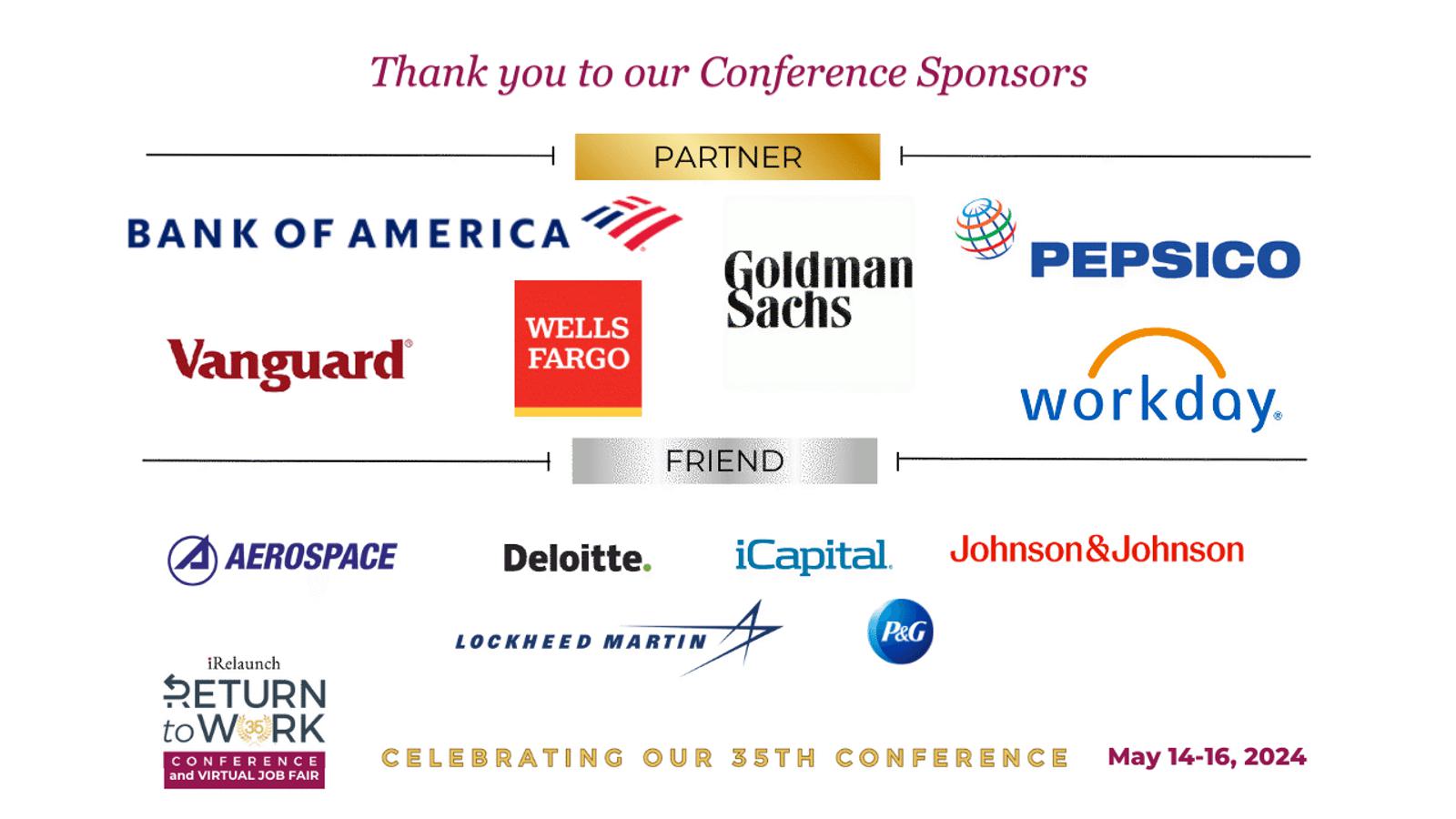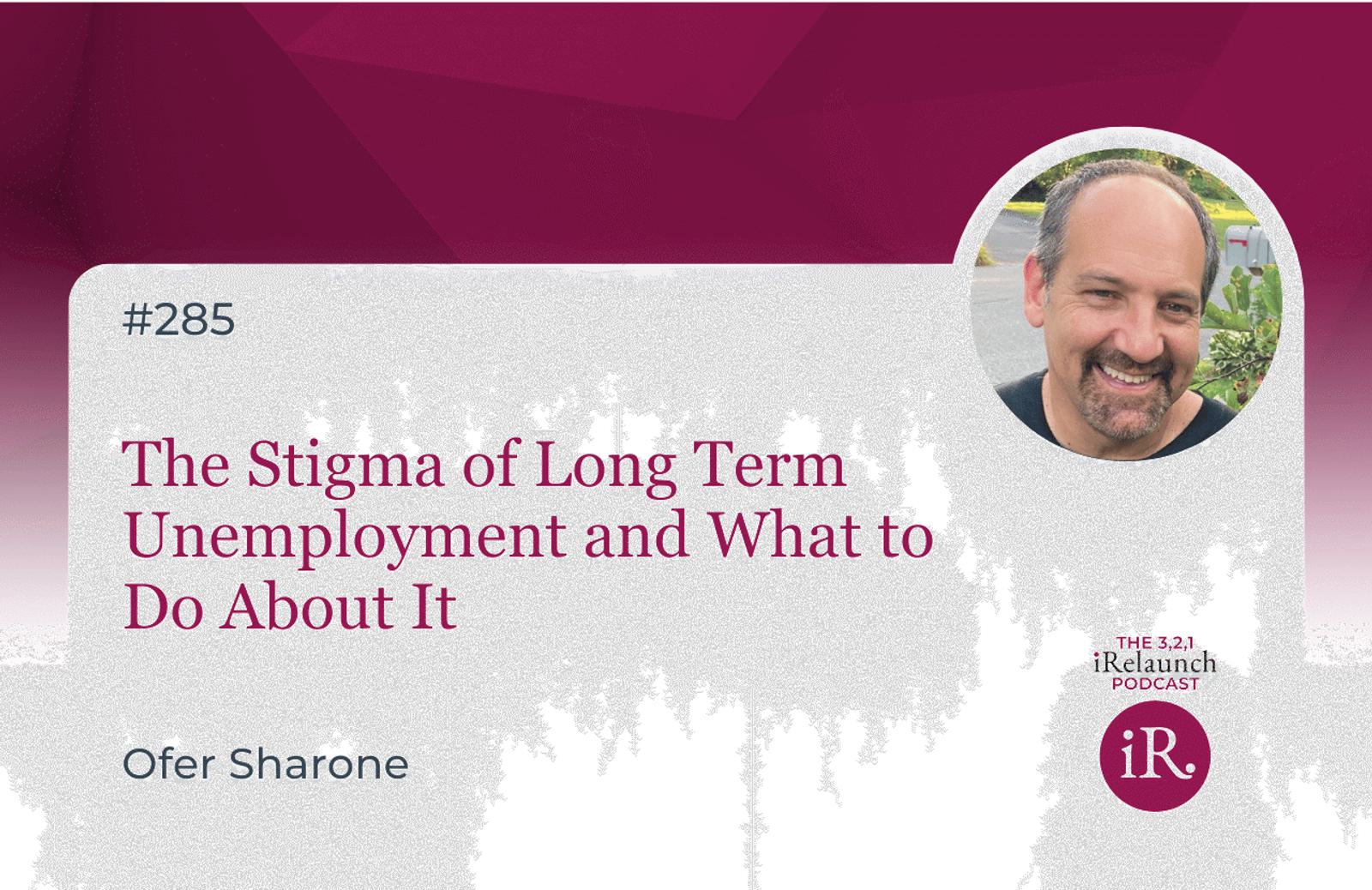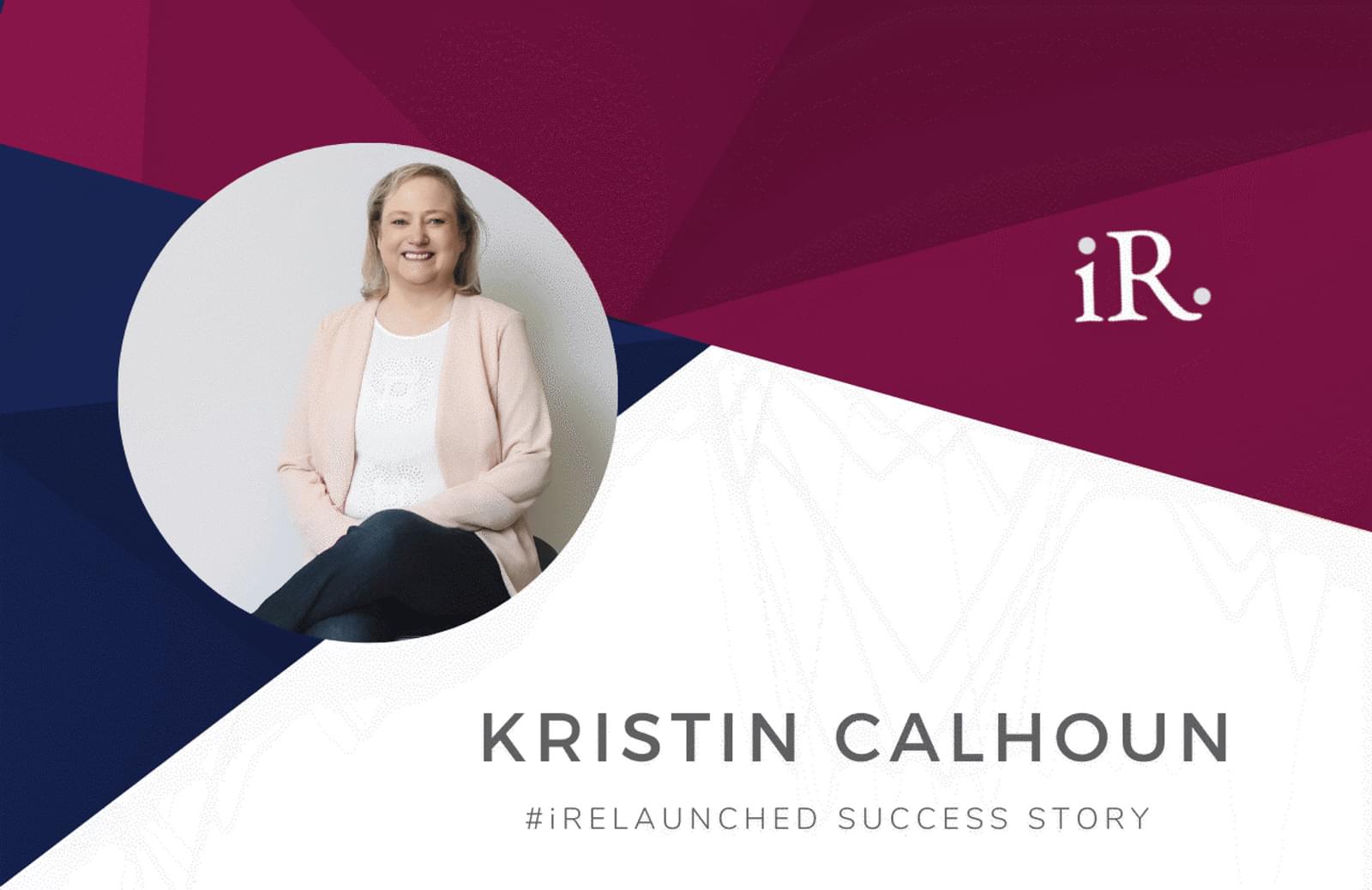If you’ve been out of the workforce raising a family or for
other personal reasons, how much should you talk about your career break
during an interview? Do you have to talk about it at all? What’s worth touting from your career break experience and what isn’t? Also,
how do you impress someone in a job interview when you haven’t been in the workforce in years? Here are the answers to these questions and more.
- Do I have to tell interviewers that I took an X years career break if they don’t ask about it? Absolutely not. Some interviewers focus on whether you have the skills and personality to fit in their department. Depending
upon how they found you, they may or may not be aware of your career
break and they may or may not be concerned about it. A lot of relaunchers make a bigger deal out of their break than potential employers. So don’t be defensive or feel you “have to get this off your chest.” If your time off doesn’t come up, don’t feel you have to talk about it.
- If the interviewer asks about my career break, what should I say? If it was for childcare reasons, should I say that I had to manage all household duties because my spouse traveled constantly? How about if I managed a house remodeling? Should I talk about volunteer work I did?
Although managing a household with children without a spouse’s
involvement requires a lot of skills, this won’t be a great selling
point in your interviews. If you’re
conversing with a working parent, they may well have been managing the
same load AND held down their job at the same time, so they may be unimpressed. Bottom line, don’t spend time talking about your role as CEO of the
home or other reason for taking a career break. Ditto for managing a remodeling, unless you’re applying for a job
with a vendor in that field. Substantive volunteer work, however, is another matter. Absolutely talk about what you did as head of the PTO or any other major pro bono role. But
describe your volunteer accomplishments, both on your resume and in
interviews, in business terms. For example, “I managed a 10-person team
in organizing a carnival that raised 30% more money than in prior
years.” Then describe the innovations that made your campaign so successful. A number of the relaunchers we interviewed for Back on the Career Track (affilliate link) reported that their accomplishments as a volunteer were meaningful to the employers who hired them.
- What if the interviewer says, “Why did you take time off?” What should I say? It can be touchy depending on who is interviewing you. Yes, it can be touchy. And you can’t predict what someone’s reaction is going to be. Don’t make any assumptions about your interviewer's bias one way or the other regarding career breaks. The key to remember here is that you don’t have to justify your choices. Just
say, “I decided to stay home for a while with my children (or to take
care of my elderly mother or to recover from back surgery or whatever
the reason), but now I’m eager to get back to work." Don’t say “I decided to stay home so I could be a good mother.” I
actually heard someone say that at a roundtable discussion and another
mother, who has worked all her life, was extremely offended. “Do you mean to say that I’m not a good mother?” she snapped. Spend the rest of the interview talking about the opportunity and how your prior experience, skills and passion make you a fit.
- How can I sound impressive on a job interview when I've been out of the workforce for years? Take the time to prepare yourself for an interview, ideally undergoing mock interviews with friends. Be
sure you’ve completely reviewed your past work history so you can talk
about relevant career experiences as if they happened yesterday. If
you remember an experience, and learned from it, then it’s worth
talking about in an interview, no matter how old it is. If you read
biographies of business leaders, you’ll note that they often expound on
important lessons learned early in their careers. And you
don’t have to call attention to the fact that the incident you’re
describing took place 15 years ago. Also, take the time to research the
company, and even the executives, if possible, with whom you’ll be
interviewing, so you can speak knowledgeably about why you’re interested
in the organization and can ask intelligent questions about their business.





